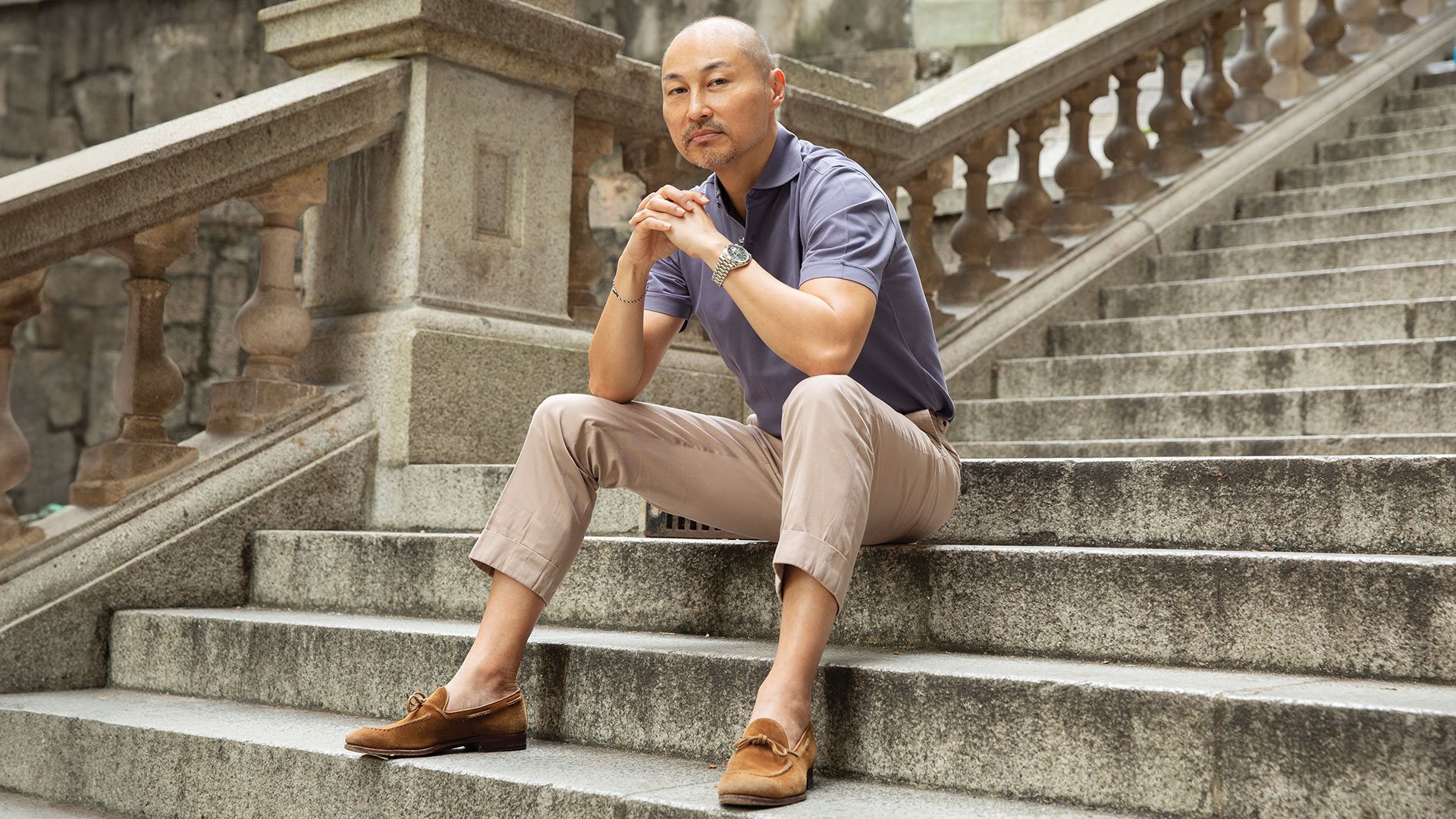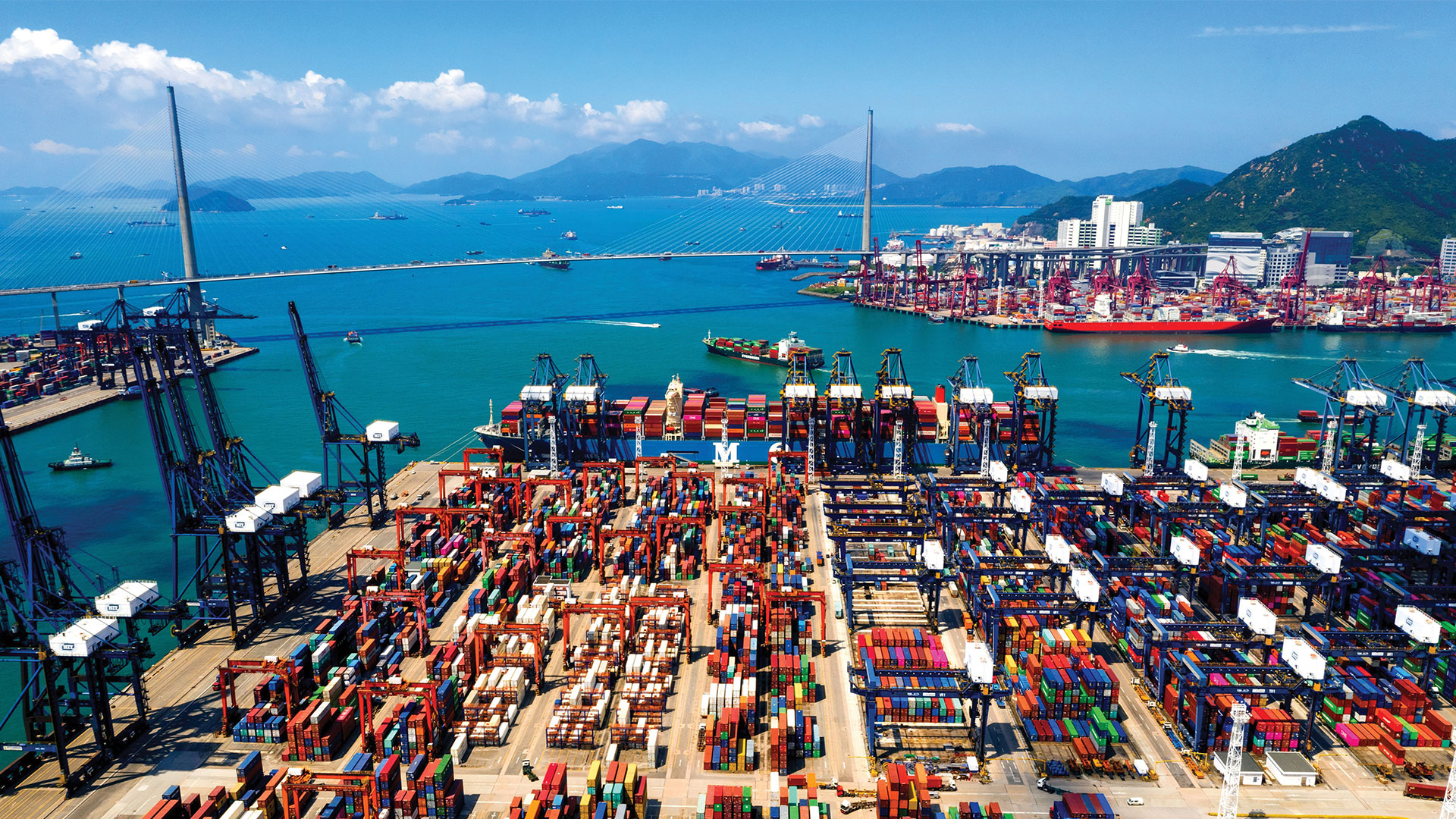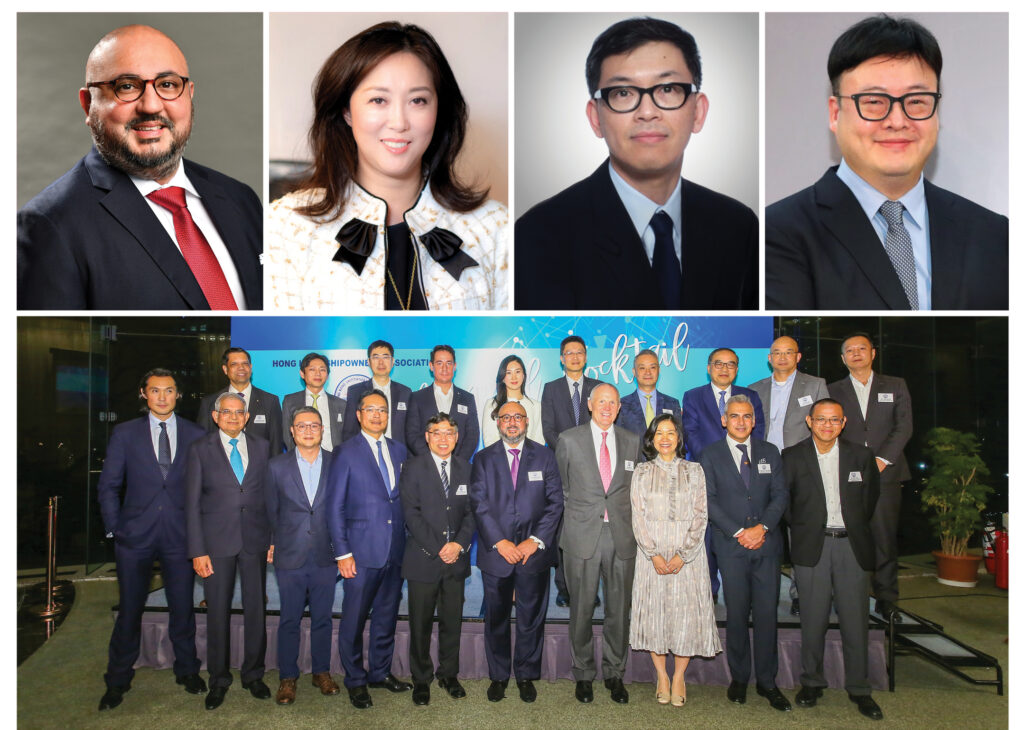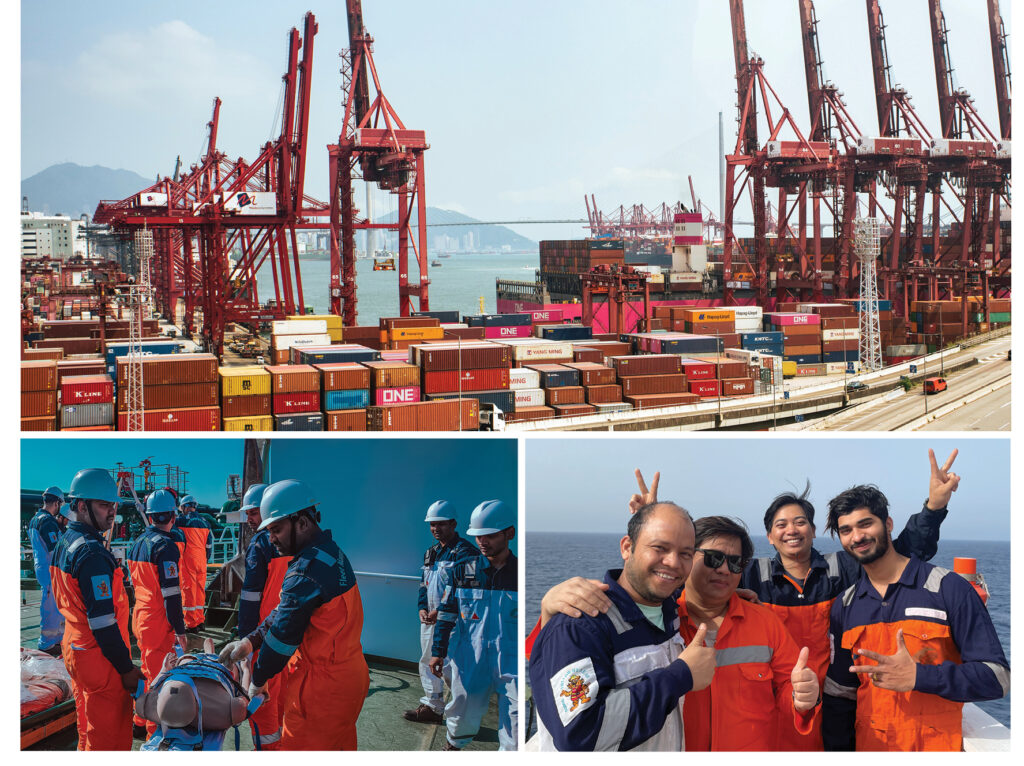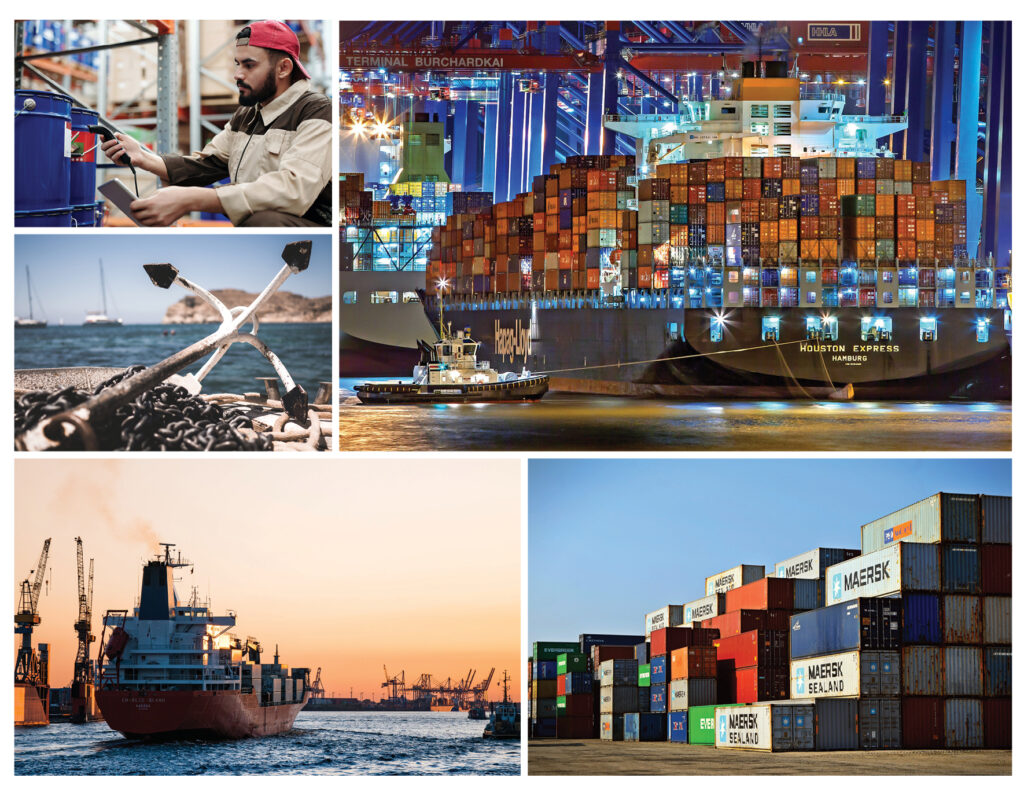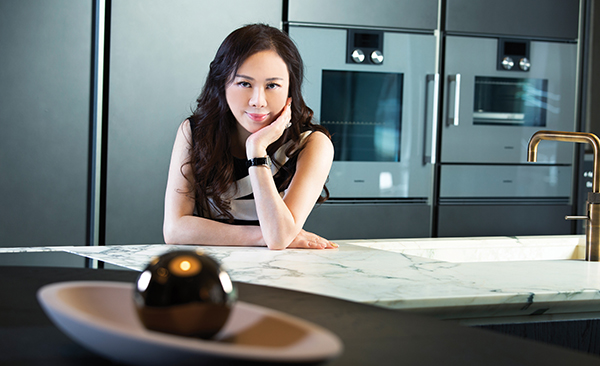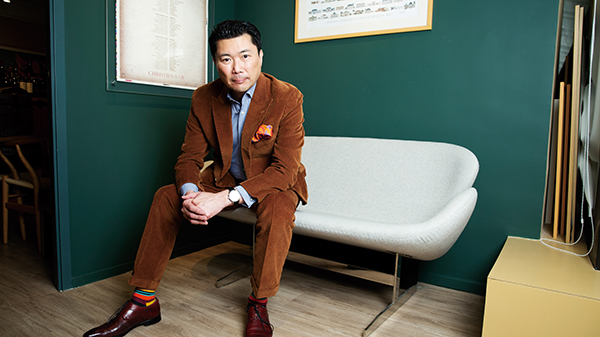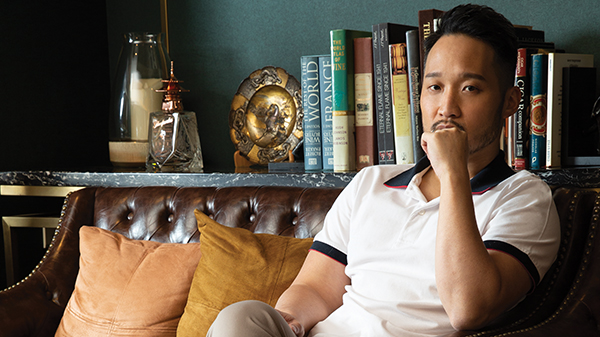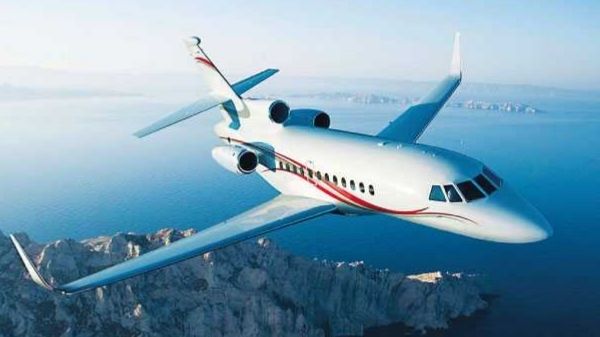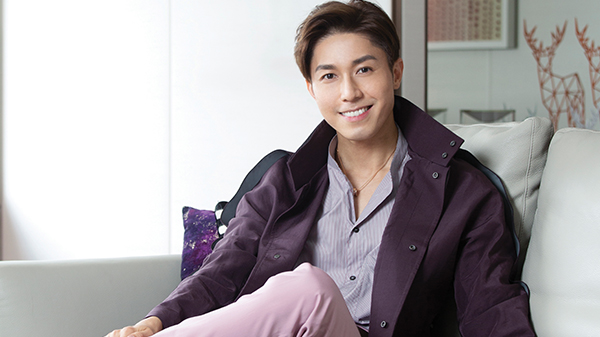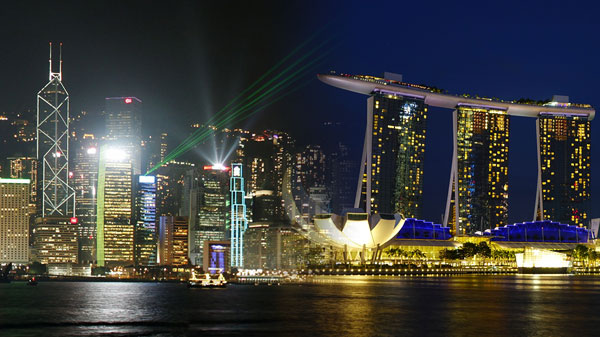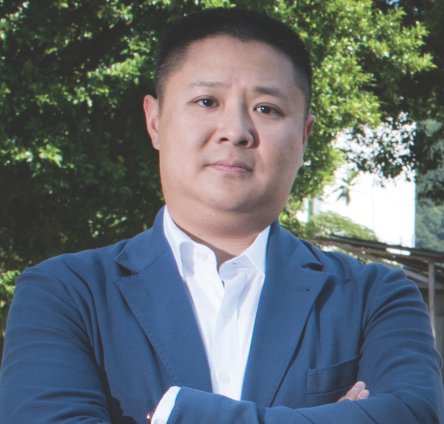David Yeh Jr is celebrating the 10th anniversary of his executive coaching business that is undoubtedly a labour of love. He thrives on helping others and gains immense pleasure from what he does. “I hope I can continue what I do until the very last day of my life,” says the CEO (Chief Empowerment Officer) of Destiny Research Institute (DRI). “It will be meaningful if I can continue to serve mankind and help more people to achieve what they want in life.”
Yeh leads a dedicated team of corporate and wellness coaches. Speaking from the DRI office in Central, he clearly exudes a sense of pride in helping family firms and other businesses overcome a range of difficulties so they can confidently look to the future. Over the years, he has mentored and coached numerous – and sometimes long-time – clients who value the services he provides; much of his business is based on referrals.
Prior to founding DRI, Yeh had a diverse business background, mainly working in finance, investment and wealth management. Initially, after gaining a business administration degree from the University of Southern California, he worked for his father’s toy manufacturing company in a marketing capacity and the tough love from his father and general life experiences have helped mould his character and define who he is.
Junior role
Yeh Jr’s relationship with his father was difficult at times, and he freely admits he went through a “rebellious” phase, but he is obviously exceedingly proud of his father’s business achievements. He talks animatedly of how, in the 1980s, David Yeh Sr rescued beloved UK toy-car brand Matchbox from bankruptcy in a leveraged buyout and then masterminded an amazing turnaround in its fortunes and a landmark listing on the New York Stock Exchange.
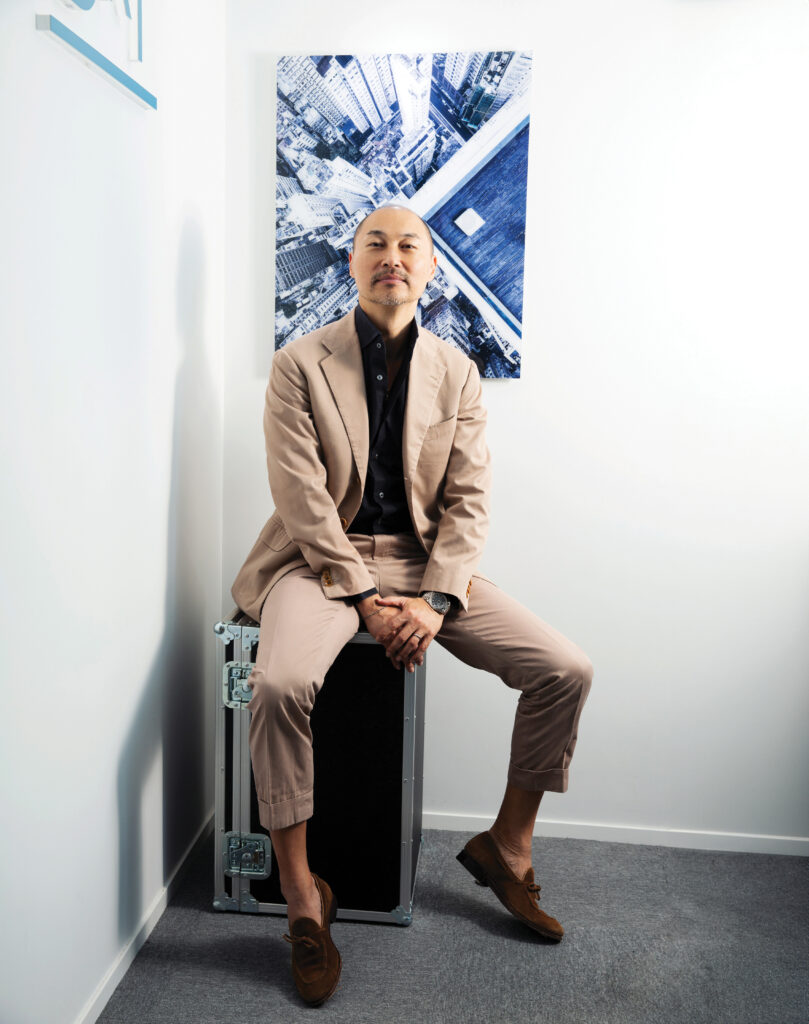
It was this business acumen that the son sought to emulate, and he was eager to soak up knowledge and experience by working alongside his father at Universal Toys. As the eldest of four siblings, he had thought in the Chinese family business tradition that he would one day take over the reins himself. But Yeh Sr was a tough taskmaster and never allowed family loyalties to get in the way of sound business judgment.
Father knows best
Yeh recounts a fascinating anecdote – one he often tells at business functions – how early one Saturday morning, his father awoke him in his room in New York and took him to a huge skyscraper on Fifth Avenue. As they ascended in the lift, the son remained completely in the dark as to what was going on. The lift opened and there stood about 20 professionals in suits.
“I assumed they were lawyers and accountants, so I asked ‘what’s going on?’ My Dad – calling me Junior as he normally did – said, ‘Junior, I want to merge my company with another listed company.’ To which I replied, ‘Why on earth do you want to do that?’”
The youngster was then shocked by his father’s response: “In front of everybody, he said, ‘Junior, if I allow you to run this business, in six to nine months’ time it will be going under!’
“So imagine you are a 20-year-old and hear something like that from your own father whom you admire so much,” says Yeh. “This is pretty hurtful and it’s very hard.”
Personal growth
The humiliating experience remains seared into Yeh’s consciousness, but he did glean some long-term benefits from it. “That’s where I learned so much about family conflict and how to find a suitable and viable exit strategy for any kind of business,” he says. “That set the foundation to do what I do today.”
Although his relationship with his father, who passed away two years ago at the age of 93, was a ittle strained for a while afterwards, Yeh regards him as his hero. He still treasures his father’s wise counsel and many letters over the years offering words of wisdom.
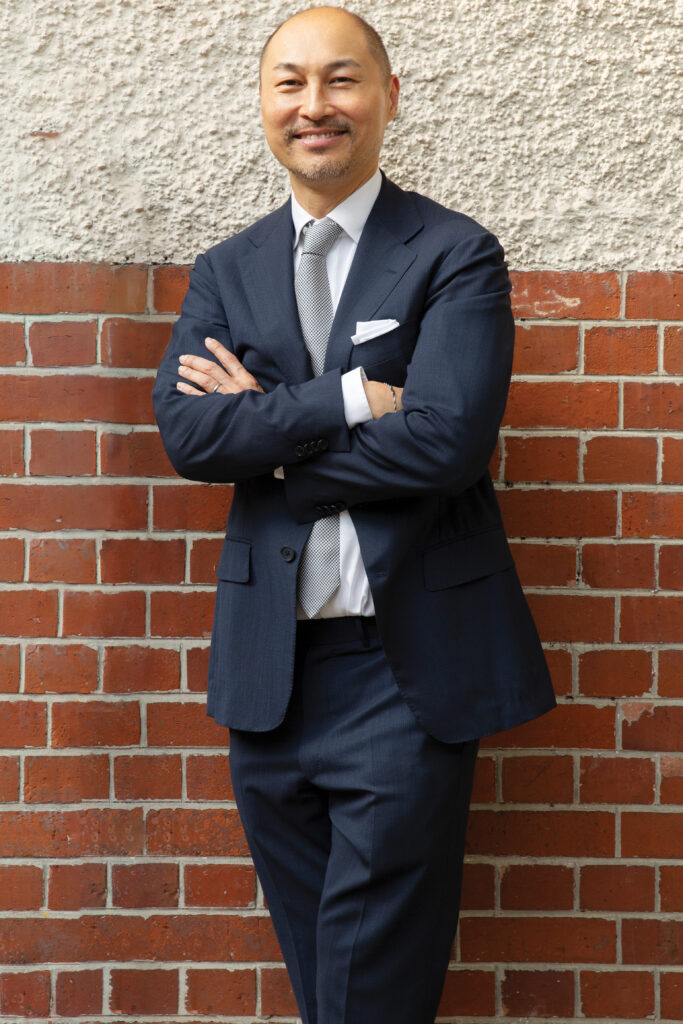
Another defining moment for Yeh was a time of great personal loss and sadness that made him reflect on the truly important things in life. It was then that he decided to set up his coaching enterprise.
“I wanted to leverage my knowledge and skills to help business owners, in particular family-business owners, to navigate complex business environments and unlock their leadership potential,” he explains.
Having attended a host of business courses over the years, he cites Tony Robbins’ Date with Destiny as perhaps the most impactful. “It helped us to dig deep into understanding ourselves so we can understand more about what is really happening in the external world,” he says.
Family misfortunes
He describes three typical situations a family business would seek the advice of his consultancy: when there are deep-rooted conflicts among family members they cannot resolve themselves; when a previously successful business model is no longer working or struggling to gel with the current generation; and when future generations don’t want to be involved with the business and Next Gen leaders from outside the family need grooming.
Within a family business environment there is sometimes an “unspoken” issue which family members are reluctant to talk about. “We call them ‘the elephant in the room’,” he says.
Yeh maintains it is essential a potential client has full cognition of the issues confronting the business if success is to be achieved. “The key driver is whether a client is aware of the prominence of the issue they are encountering before it gets out of hand and problems begin to erupt,” he explains.
Calls for help
Another important requirement is the need to develop mutual respect and trust. “Not everyone is suitable or ready for coaching. As the famous ‘Trillion-Dollar Coach’ Bill Campbell has mentioned – not everyone is coachable. When we approach somebody, we have to know whether that person is coachable or not.”
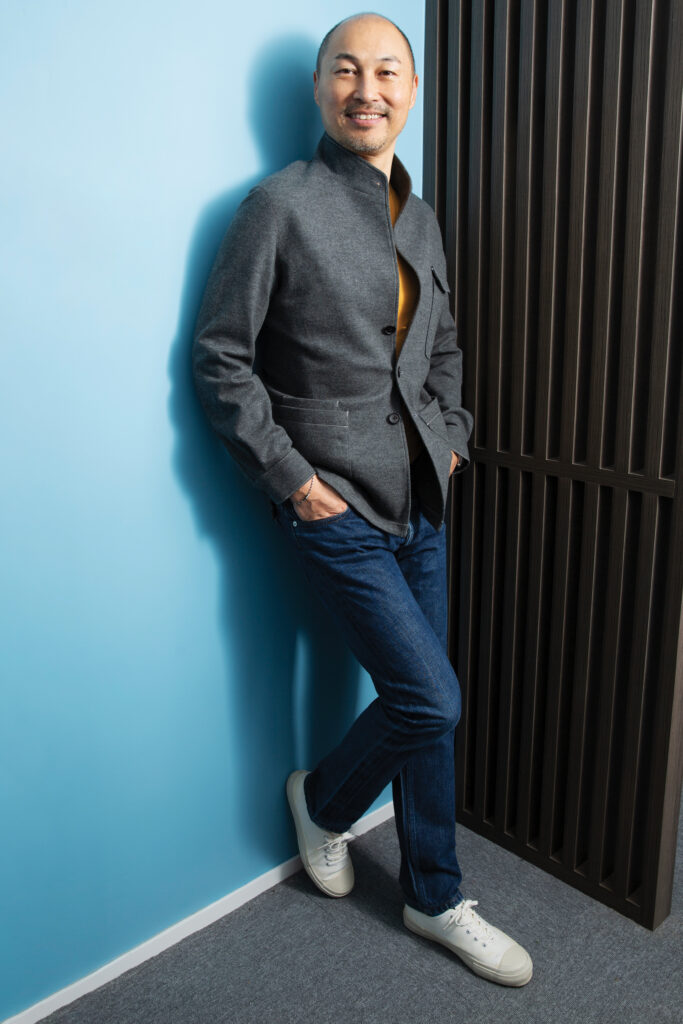
He describes a coachable person as someone who is open-minded and willing to express themselves and disclose their own difficulties. “If I think that person is coachable, we have a much better chance in attaining positive results and being able to help them reflect on what has to be done for their future and for us,” says Yeh.
Succession and success
Succession planning is a core strength of his consultancy. “Our coaching methodology has an all-rounded approach, and different elements of life would be touched upon. In essence, these should all be correlated with a person’s mind map. Our goal is help to connect all the factors and guide our clients into steering their business path to success with well-planned succession.”
He believes companies should always continue to develop their staff. “To make this work, our target audience needs to believe continuous growth and learning are essential for themselves and their business to emerge in this dynamic changing world.”
Photographer: Jack Law; Art Direction: Joseff Musa; Videographer: Jack Fontanilla



